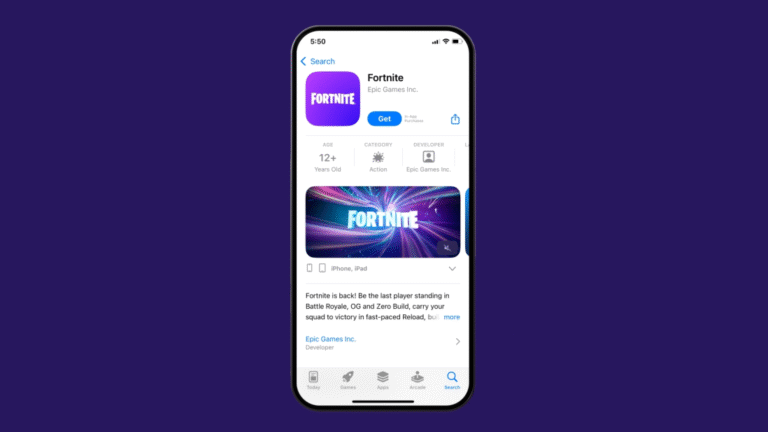Italy’s data protection authority, the Garante, has taken decisive action against the Chinese AI chatbot DeepSeek, ordering its suspension in the country due to unresolved privacy concerns. The move follows DeepSeek’s failure to provide adequate explanations regarding its data collection practices, storage locations, and legal basis for handling user information, particularly in relation to data potentially being stored in China.
Concerns Over Data Handling Practices
The Garante had requested transparency from DeepSeek on how it collects and processes user data, including the sources of information, the purpose behind data usage, and its legal compliance. However, the Chinese company’s responses were deemed insufficient, leading to the regulator’s decision to block the chatbot’s operations in Italy.
DeepSeek has not issued an official statement regarding the ban. The company has positioned itself as a disruptive force in the AI industry, claiming its models rival leading U.S. AI technologies while offering services at significantly lower costs.
Regulatory Conflict with Italian Authorities
Agostino Ghiglia, a member of the Garante’s board, revealed that DeepSeek withdrew its AI assistant from Italian app stores after facing regulatory scrutiny. However, the company asserted that it was not subject to Italian laws or the authority of the Garante and claimed no obligation to provide further details about its data management practices.
Ghiglia stated that DeepSeek’s dismissive stance only exacerbated concerns rather than alleviating them, leading to the regulatory intervention. He emphasized that without compliance and transparency, DeepSeek would remain banned in Italy.
Users Still Accessing the Chatbot

Despite the ban, some Italian users who previously downloaded DeepSeek reported that the chatbot remained functional on their devices. Additionally, its web-based service continued to be accessible, raising questions about how effective such bans are in a digitally interconnected world.
Ghiglia reiterated the importance of robust data protection measures, highlighting that European regulations prioritize user consent and transparency. He stressed that Chinese data servers do not meet the same privacy and security standards required within the European Union. “Users have the right to know how their data is used, and China’s regulatory framework does not offer the same level of protection as Europe,” he stated.
Italy’s Leadership in AI Regulation
The Italian Garante has emerged as a key player in AI governance within Europe. Two years ago, it temporarily restricted Microsoft-backed ChatGPT over concerns about potential violations of EU data protection laws, underscoring its proactive stance in regulating AI-driven technologies.
The ban on DeepSeek reflects growing global scrutiny over AI and data privacy, especially concerning Chinese tech firms. As governments worldwide wrestle with balancing innovation and privacy, this case highlights the increasing importance of regulatory oversight in the AI sector.








